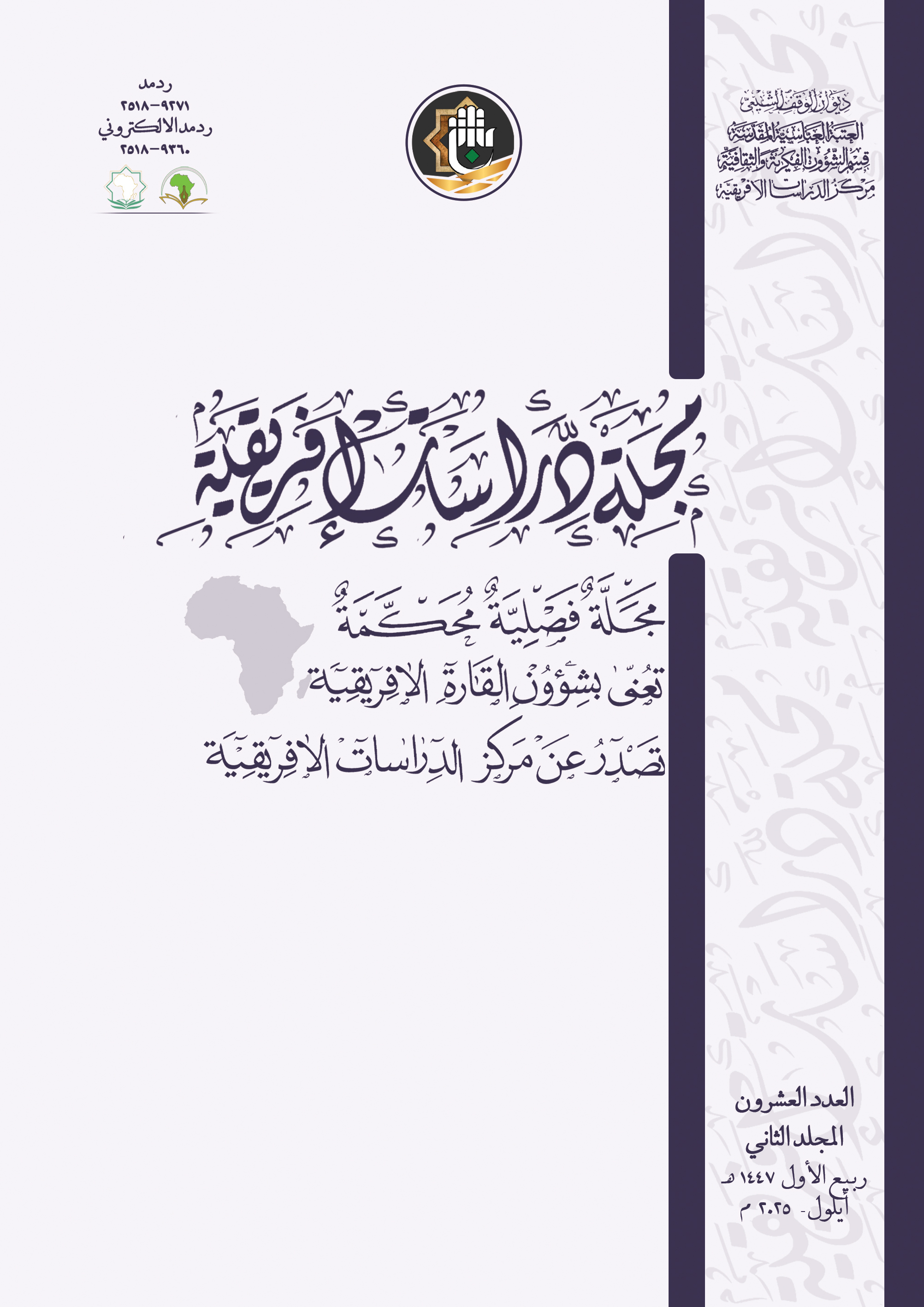Abstract
Somalia's liberation movements originated under local leaders and tribal sheikhs, particularly in British-controlled northern regions. Sheikh Mohammed Abdullah Hassan emerged as a pivotal figure, founding the Dervish movement in 1899. Initially peaceful, the movement adopted armed resistance against British and Italian colonizers in response to persecution, uniting Somalis under Islamic principles of jihad against oppression. Its 20-year anti-colonial struggle inspired liberation movements across Africa.
Somalia achieved nominal independence in 1960 through the unification of British and Italian territories, yet this remained incomplete with Djibouti under French control and Ogaden occupied by Ethiopia. Post-independence, liberation movements continued addressing colonial legacies: political instability, economic challenges, and fractured national unity. These movements maintained deep ties to Somali religious and cultural identity, employing both armed resistance and political awakening campaigns.
The study analyzed Somalia's liberation through two lenses: its strategic geographical position and the historical evolution of resistance movements. Findings confirmed that meaningful liberation required sustained resistance against colonial powers violating international norms, emphasizing how anti-colonial struggles were intertwined with Somalia's territorial significance in the Horn of Africa.
Somalia achieved nominal independence in 1960 through the unification of British and Italian territories, yet this remained incomplete with Djibouti under French control and Ogaden occupied by Ethiopia. Post-independence, liberation movements continued addressing colonial legacies: political instability, economic challenges, and fractured national unity. These movements maintained deep ties to Somali religious and cultural identity, employing both armed resistance and political awakening campaigns.
The study analyzed Somalia's liberation through two lenses: its strategic geographical position and the historical evolution of resistance movements. Findings confirmed that meaningful liberation required sustained resistance against colonial powers violating international norms, emphasizing how anti-colonial struggles were intertwined with Somalia's territorial significance in the Horn of Africa.
Keywords
Armed Resistance
colonialism
National Liberation Movement
Somali Borders.
Strategic location
Abstract
بدأت الحركات التحررية في الصومال بقيادة زعماء محليين وشيوخ عشائر، خاصة في المناطق الشمالية الخاضعة للسيطرة البريطانية، وبرز الشيخ محمد عبد الله الحسن الذي أسس حركة "الدراويش" عام 1899، وقاد مقاومة مسلحة ضد الاحتلالين البريطاني والإيطالي بعد تحولها من الأساليب السلمية بسبب اضطهاد المسلمين، وقد اعتمدت الحركة على تعاليم الإسلام في توحيد الصوماليين، واستمر نضالها 20 عامًا، مُلهِمةً شعوبًا أفريقية أخرى.
حصل الصومال على استقلاله عام 1960 بتوحيد المنطقتين البريطانية والإيطالية، لكنه ظل ناقصًا بسبب بقاء جيبوتي تحت السيطرة الفرنسية والأوغادين تحت الاحتلال الإثيوبي، كما واجهت الحركة التحررية بعد الاستقلال تحديات كعدم الاستقرار السياسي والاقتصادي وصعوبات تحقيق الوحدة الوطنية.
لعبت الحركات الوطنية دورًا محوريًا في التحرير، من خلال الكفاح المسلح ورفع الوعي السياسي والوطني، وارتبطت هذه الحركات بالهوية الدينية والثقافية للشعب الصومالي؛ ولذلك بينت الدراسة أن التحرر الوطني تحقق عبر تعميق المقاومة وإسقاط القوى الاستعمارية التي انتهكت الشرعية الدولية، مع التأكيد على أهمية الموقع الجغرافي للصومال في فهم مسيرة نضاله التحرري.
حصل الصومال على استقلاله عام 1960 بتوحيد المنطقتين البريطانية والإيطالية، لكنه ظل ناقصًا بسبب بقاء جيبوتي تحت السيطرة الفرنسية والأوغادين تحت الاحتلال الإثيوبي، كما واجهت الحركة التحررية بعد الاستقلال تحديات كعدم الاستقرار السياسي والاقتصادي وصعوبات تحقيق الوحدة الوطنية.
لعبت الحركات الوطنية دورًا محوريًا في التحرير، من خلال الكفاح المسلح ورفع الوعي السياسي والوطني، وارتبطت هذه الحركات بالهوية الدينية والثقافية للشعب الصومالي؛ ولذلك بينت الدراسة أن التحرر الوطني تحقق عبر تعميق المقاومة وإسقاط القوى الاستعمارية التي انتهكت الشرعية الدولية، مع التأكيد على أهمية الموقع الجغرافي للصومال في فهم مسيرة نضاله التحرري.
Keywords
الموقع الاستراتيجي، الاستعمار، حركة التحرر الوطني، المقاومة المسلحة، الحدود الصومالية.
